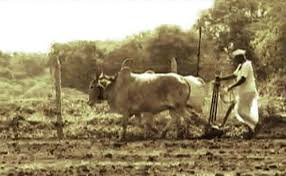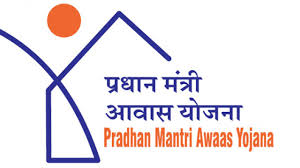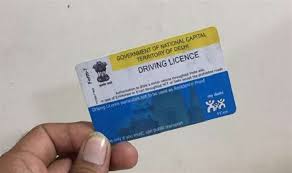This shows that the central government was working on bringing a policy related to natural farming and now as per various reports, it's all set to come out with the Pradhan Mantri-Promotion of Alternative Nutritious And Agriculture Management (PM-PRANAM) scheme soon. The PM-PRANAM scheme is aimed at discouraging the use of chemical fertilisers and promoting sustainable agriculture practices.
Under the scheme, the states with lesser utilisation of chemical fertilisers in a particular year as compared to the average quantity in the last three years would be incentivised. The states would be provided with 50% of the fertilizer subsidy saving they do by using less fertilizer. It may be noted that farmers have been relying extensively on fertilisers like urea, diammonium phosphate (DAP), and Muriate of Potash (MOP) to increase their yields.
The scheme will help the government reduce the fertiliser subsidy burden besides promoting natural farming. Last year, the centre spent around Rs 1.62 lakh crore on fertiliser subsidy and the same is expected to increase to Rs 2.25 lakh crore in 2022-2023.
The reports said that states can use 70% of that incentive for farmers' welfare and related developments.
The remaining 30% grant can be used for incentivising those panchayats, farmers and self-help groups who helped in reducing fertiliser use. The scheme may prove to be a game-changer for the agriculture sector as it will promote natural farming thus increasing yield, reduce subsidy burdern and incentivise states as well.
According to government data, fertilizer requirements have been increasing in the last few years. The total requirement of Urea, DAP (Di-ammonium Phosphate), MOP (Muriate of potash), and NPKS (Nitrogen, Phosphorus and Potassium) rose by 21% between 2017-2018 and 2021-2022, from 528.86 lakh metric tonnes (LMT) to 640.27 LMT. This increased the subsidy burden as well.
The government is still finalising the nitty-gritty of the PM-PRANAM scheme after taking inputs from all stakeholders. It's yet to finalize a launch date for the scheme.















